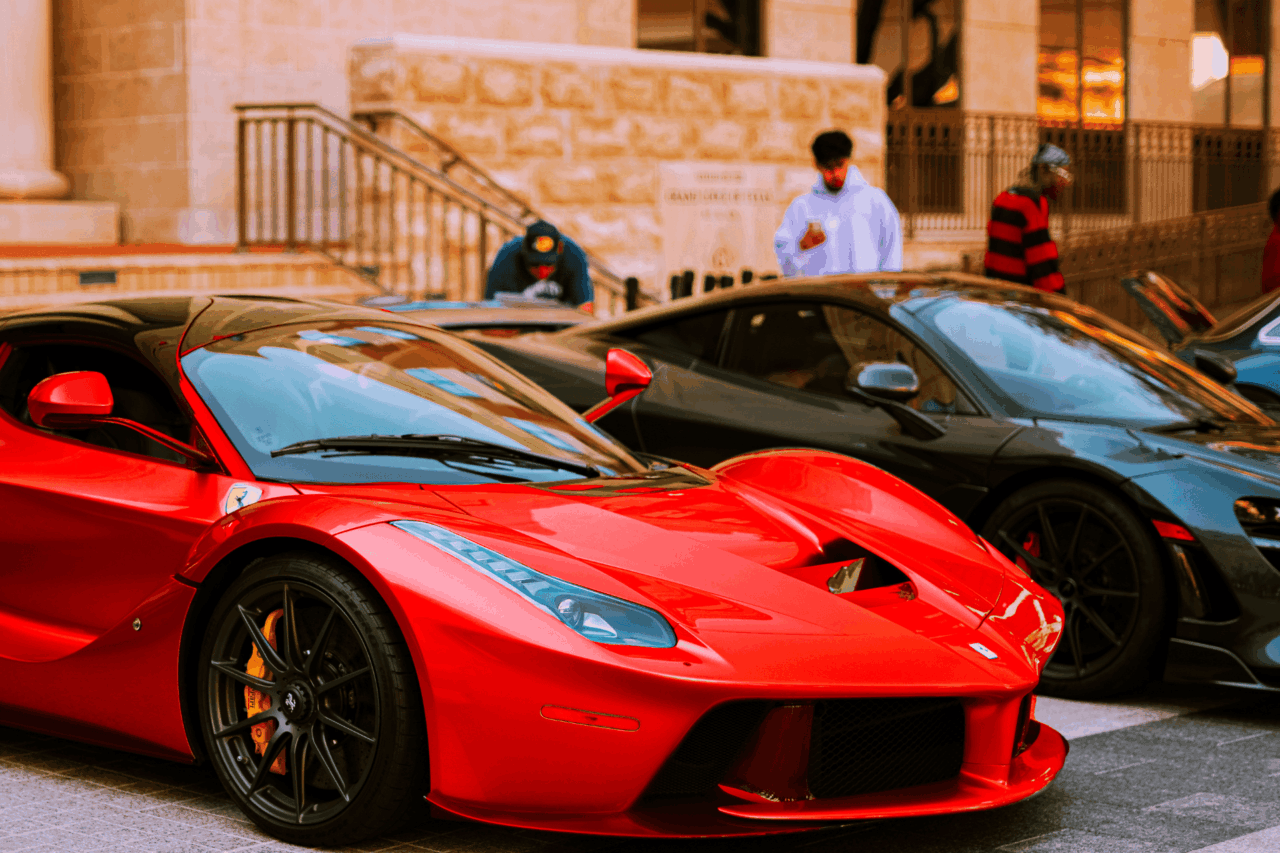What truly makes an object worthy of being called “luxury“—is it innovation, price, performance, or something far less tangible? As electric vehicles (EVs) become increasingly central to the automotive industry’s future, a quiet tension emerges. While they promise progress and environmental responsibility, EVs have yet to be embraced as enduring symbols of prestige. They remain technologically advanced, but emotionally unanchored.
Despite bold design, remarkable performance, and sophisticated interfaces, electric cars often lack the soul and storytelling that define luxury icons. Instead of becoming prestige assets, they risk being seen as short-lived gadgets, shaped more by software cycles than craftsmanship. In an age where meaningful differentiation and lasting value are the cornerstones of true luxury, many EVs feel interchangeable, clinical, and ultimately disposable. The question, then, is not whether electric cars can be luxurious, but whether they can evoke the same reverence once reserved for their petrol-powered predecessors.
The Design Identity Crisis
Once distinguished by their design, craftsmanship, and bold statements of identity, luxury vehicles are increasingly indistinct.
- Brands like Porsche, Mercedes, and BMW, once steeped in uniqueness, now produce electric models that echo each other in aesthetics and user experience.
- Material quality and interior innovation have declined, with details like repositioned gear shifters and mass-produced components (such as Audi-marked parts in Lamborghinis) undermining exclusivity.
Lack of Trust
Trust, Langer emphasizes, is luxury’s most valuable currency—and it’s faltering in the EV space.
- EVs are perceived as “fast-aging tech products” rather than timeless possessions.
- Battery degradation, software obsolescence, and ever-evolving tech features create uncertainty about long-term value.
- Poor resale prospects and concerns over longevity make high-net-worth clients hesitant to purchase.
Experience Shortcomings
While technical specifications dominate EV marketing, customer experience—an essential element of luxury—remains neglected. There is an absence of intuitive, relationship-driven service that diminishes perceived luxury and loyalty.
- Dealerships lack the hospitality, intimacy, and emotional intelligence expected in luxury environments.
- The shift toward digital interfaces and impersonal service depersonalizes the experience.
- Charging infrastructure gaps and range anxiety diminish spontaneity and convenience, qualities that high-end consumers value deeply.
Misunderstood Identity in the Electric Age
Many luxury brands have clung to the mistaken belief that prestige from the combustion era will automatically carry over into the electric future.
- Even Ferrari is reportedly delaying its EV roadmap due to weak demand—a sign that consumers are not emotionally aligned with the current EV proposition.
- Brands must pivot from engine-driven legacies to experience- and meaning-driven identities rooted in storytelling, craftsmanship, and emotional connectivity.
To stay at the top, luxury car brands must stop thinking of electric vehicles as short-lived tech gadgets and start making them feel special, lasting, and trustworthy. The key is to design EVs that create strong emotional connections—cars that are carefully made, pleasing to the senses, and offer a personal, long-term experience. True luxury isn’t just about features or speed; it’s about meaning, identity, and how the customer feels. If brands don’t make this change, they risk becoming just another option in a crowded market, losing the unique value that once set them apart.
Stay up to date on the latest luxury industry news: https://worldluxurychamber.com/insights-news/
SOURCES: JING DAILY





